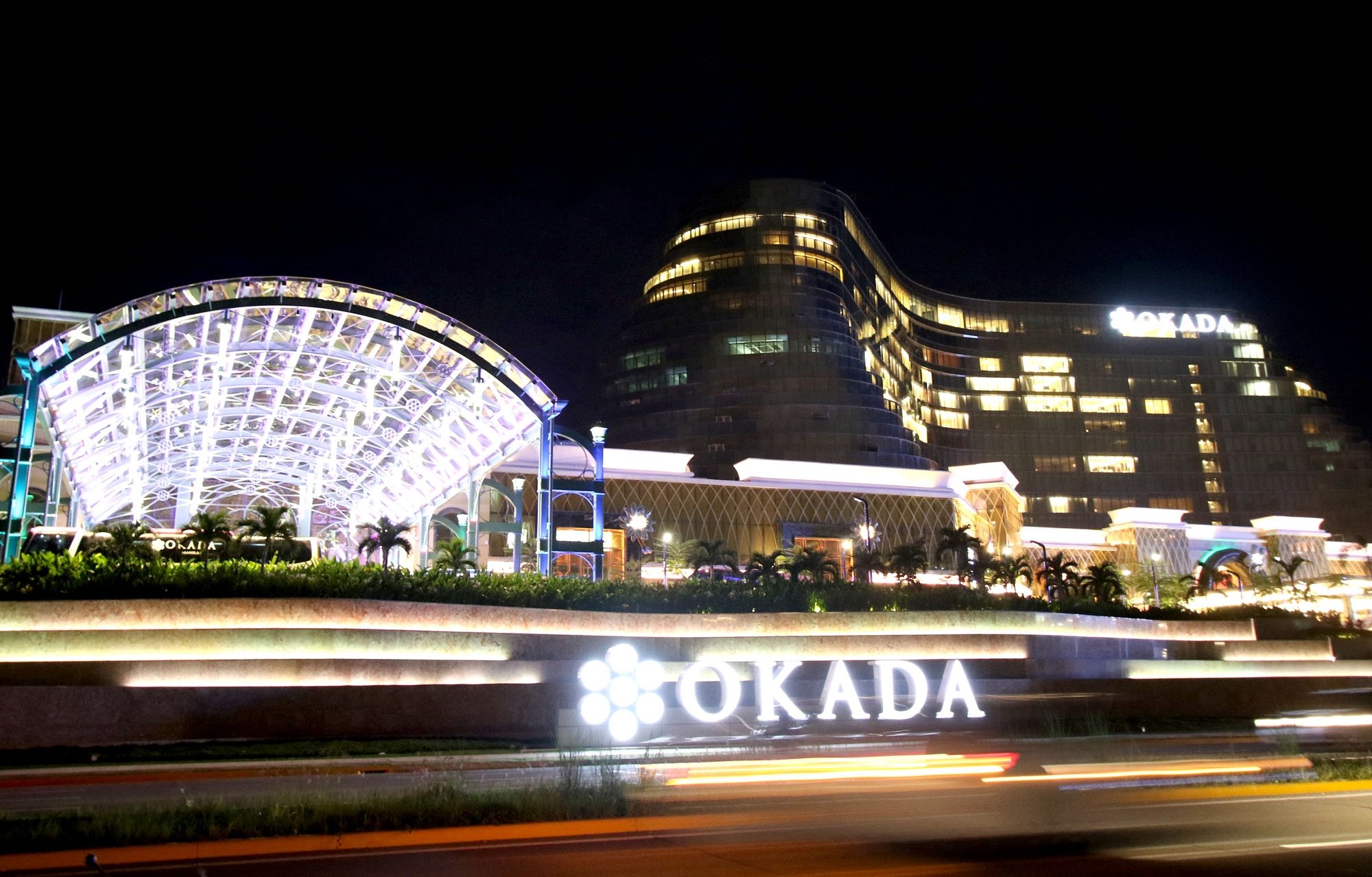Posted on: July 9, 2022, 05:15h.
Last updated on: July 9, 2022, 07:05h.
The saga surrounding Okada Manila and efforts by a US-based special purpose acquisition company (SPAC) to bring the Philippine integrated resort operator public is one of the more unusual events in the gaming industry in recent memory. It is also one that some experts argue highlights the risks of foreign targets for domestic blank-check companies.

In a deal valued at $2.6 billion, Jason Ader’s 26 Capital (NASDAQ:ADER) is acquiring Okada Manila. When that transaction closes, the gaming stock will trade on the Nasdaq under the ticker “UERI” upon closure of the transaction.
The deal was slated to be finalized at the end of June. But it suffered a setback when, in late May, billionaire Kazuo Okada attempted to physically seize control of the Philippines integrated resort bearing his name.
Okada believes he was unfairly ousted from the TRLEI board in 2017. He is seen as leveraging an April ruling by the Philippines Supreme Court ordering the company to return the board to its 2017 state to affect the takeover of Okada Manila.
Last month, reports surfaced that Okada made an unauthorized $36.4 million payment to a company controlled by Okada Manila Chairman Dindo Espelata. The parties in question deny the payment happened, but several banks at which the gaming company does business say the casino operator’s assets were frozen.
Okada Manila Reminder of International SPAC Risk
As a result of the controversy, completion of the SPAC merger is delayed. Fortunately, 26 Capital investors aren’t suffering, as shares of the blank-check firm are flat over the past month.
In connection with the ‘hostile takeover,’ the target company’s board filed criminal charges, including kidnapping, against Mr. Okada,” notes Renaissance Capital, an initial public offering (IPO) research firm. “However, it remains uncertain when this issue will be resolved, and whether the SPAC’s shareholders would vote to approve the acquisition of an asset that the seller does not control (the vote date is now TBD).”
The research firm points out that with nearly 600 SPACs looking for deals, and with liquidation dates fast-approaching for some, many are scoping out deals outside the US. Blank-check companies have two years from the date of their IPO to find a merger partner, or risk liquidation.
“As more SPACs approach their termination dates, sponsors may begin targeting companies outside of their geographical focus or area of expertise. However, this episode underscores the need for investors and companies alike to thoroughly vet potential merger targets, and highlights jurisdictional risks with legal battles abroad,” adds Renaissance Capital.
Not All Bad for Foreign Gaming SPAC Deals
Undoubtedly, there’s drama surrounding Okada Manila. But there’s also precedent of US SPACs merging with foreign gaming entities without problems.
For example, European lottery giant Allwyn Entertainment is merging with special purpose acquisition company (SPAC) Cohn Robbins Holdings (NYSE:CRHC). It is a transaction carrying an expected enterprise value of $9.3 billion. Additionally, Super Group (NYSE:SGHC) and Codere Online (NASDAQ:CDRO) are examples of gaming operators based outside the US that came public in the states via mergers with US SPACs.
“SPAC sponsors are highly motivated to find targets, and as competition heats up in domestic markets, they have increasingly turned abroad,” concludes Renaissance Capital. “As some SPACs have discovered, due diligence can be harder when conducting transactions overseas.”
